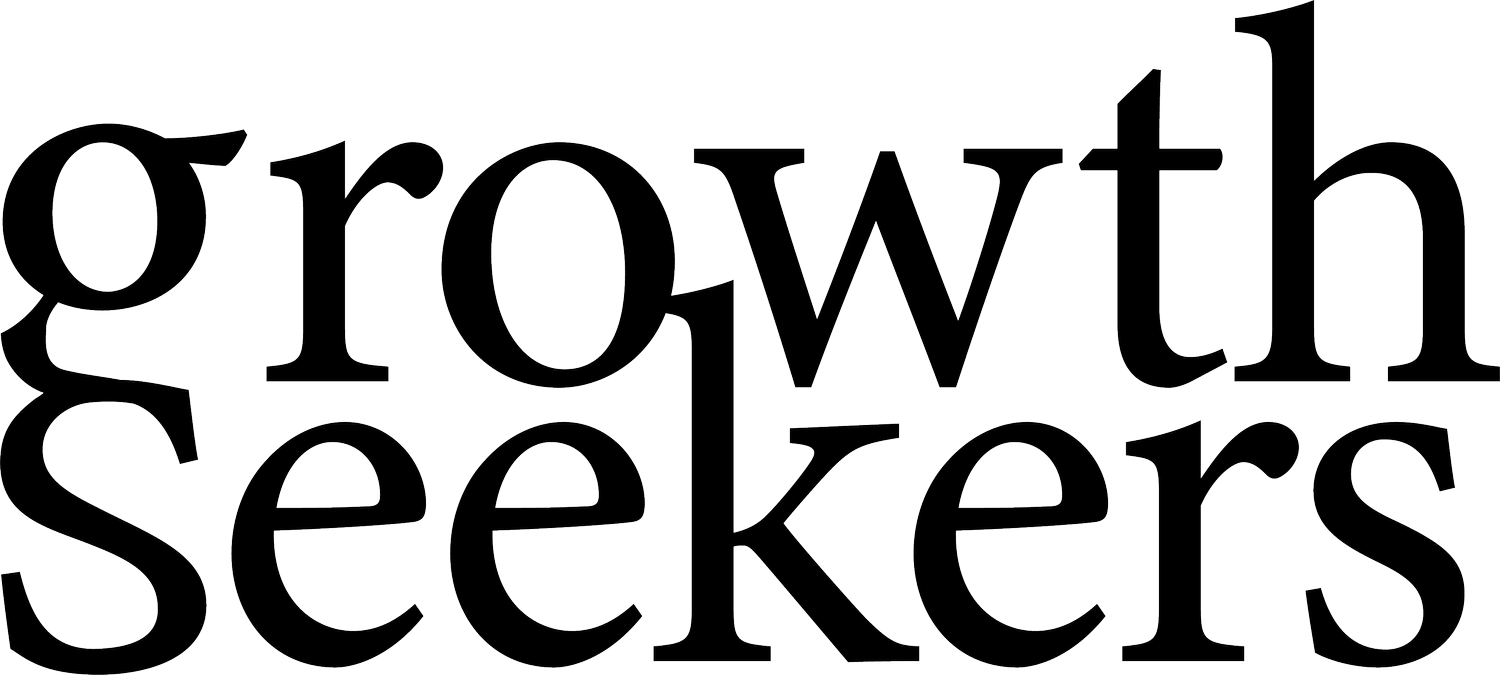Setting Healthy Boundaries: Time Management Advice for Pastors
In a world where demands on our time are ceaseless, the art of time management has transformed from a mere productivity tool to a crucial survival skill, especially for those entrusted with the spiritual care of their communities – pastors. Despite the timeless purpose of their roles, pastors are not exempt from the modern challenges of time scarcity and burnout.
How can those dedicated to serving others effectively balance their time without surrendering to the pressures of an always-on culture? Here, I offer guidance that transcends the conventional wisdom and unveils a paradigm for time management specifically tailored to the pastoral context.
Reframing Time Management as Stewardship
Pastors are most often seen as stewards of faith and moral guidance, but this framework can also extend to their temporal responsibilities. The recognition of time as a finite resource that requires allocation, conservation, and investment is pivotal.
To begin this new approach, pastors must confront the myth of unlimited availability. While the biblical model of service is indeed wholehearted, it is not boundless. Just as a financial steward must manage resources wisely, a temporal steward – the pastor – must allocate his time to achieve the most significant impact.
Developing an Intentional Calendar
A stewardship-focused pastor begins by developing an intentionally designed calendar. This begins with blocking time for strategic tasks, such as sermon preparation, pastoral care, and leadership development. By seeing time as a resource to safeguard and distribute, pastors can protect the sanctity of their core responsibilities.
Utilizing Digital Tools for Effectiveness
In our digital age, technological advances offer a bountiful array of tools for time efficiency. Pastors can harness the benefits of digital calendars and productivity apps to streamline their schedules, automate menial tasks, and receive reminders that align with their daily objectives and overarching mission.
The Ritual of Sabbatical Time
Just as the biblical notion of sabbath advocates for rest and renewal, pastors must integrate the concept of sabbatical time into their routines. This isn't just about taking a day off; it's a dedicated period, even within the day, to recharge and reset.
Crafting Daily Sabbaticals
Daily sabbaticals might involve moments of meditation, daily walks, or simply unplugging from the digital world. These brief interludes allow time for personal devotion and reflection, which in turn replenishes the pastor's spirit for the responsibilities of ministry.
The Undeniable Value of Extended Sabbaticals
Extended sabbaticals, taken at regular intervals, are also vital. This could be a study leave, a technology detox, or a simple change of environment. Whatever the form, it provides the pastor with the opportunity to reflect, study, and find fresh insights to share with their congregation.
The Power of Delegation
The reluctance to delegate is a common challenge among pastors. However, it is necessary for creating a sustainable work-life balance. Delegating tasks does not signify weakness; rather, it demonstrates a leader's wisdom in empowering others and acknowledging their strengths and abilities.
Identifying Competent Partners in Ministry
Pastors should take time to identify and cultivate good working relationships with volunteers and staff who can take on certain duties. This involves clear communication, role definitions, and ongoing support.
Delegating with Accountability
Effective delegation is not a blind handover of tasks. It requires setting clear expectations, providing the necessary resources, and establishing mechanisms for accountability.
Boundaries in Pastoral Care
Pastoral care, a fundamental aspect of the ministerial role, often blurs professional and personal lines. Without clear boundaries, the demands of care can encroach on all other aspects of a pastor's life.
The Art of Active Listening
Active listening is central to pastoral care but need not be limitless. Pastors can offer undivided attention within set periods and through scheduled appointments, thus maintaining control over the amount of time spent on each interaction.
Encouraging Self-Help and Community Support
Another aspect of setting boundaries in pastoral care is to encourage self-help and community support. Pastors can guide their congregation in nurturing a support network, which lessens the dependency on individual pastoral care for every issue.
Technology as a Time Savior or Sapper
Technology is a double-edged sword. While it offers valuable time-saving benefits, it also presents myriad distractions. Pastors must learn to wield technology's efficiency without falling into its time-consuming traps.
Establishing Digital Sabbath Practices
Encouraging congregation members to join in digital sabbath practices can lead to a more balanced use of technology. For example, designating no-tech zones or times within the church and community settings can help reaffirm the importance of human connection over digital interaction.
Managing Emails and Notifications
Pastors can manage their digital engagement by setting specific times to check and respond to emails and messages. Disabling non-priority notifications can also help minimize the disruption of technology in pastoral work.
Conclusion
The demanding and dynamic nature of pastoral work makes exemplary time management a non-negotiable asset. By reframing time management as stewardship, incorporating the rituals of sabbatical time, harnessing the power of delegation, setting boundaries in pastoral care, and navigating technology with intention, pastors can elevate their effectiveness in ministry while safeguarding their own well-being.
At the heart of these time management strategies is a call to intentional living and purpose-driven allocation of time. It challenges pastors to recognize their time as a precious resource, not to be squandered, but to be employed strategically in the service of others and in the pursuit of personal growth.
Finally, the acknowledgment that time management strategies must evolve with the pastor's context and personal needs is crucial. These are not rigid regulations but adaptable principles to be molded into a framework that resonates with the individual pastoral calling.
Adopting these practices is not only beneficial for the pastor's well-being but also for the vitality of the church and the community at large. It is through the sustainability of pastoral time management that the true depth and longevity of ministry can thrive.
